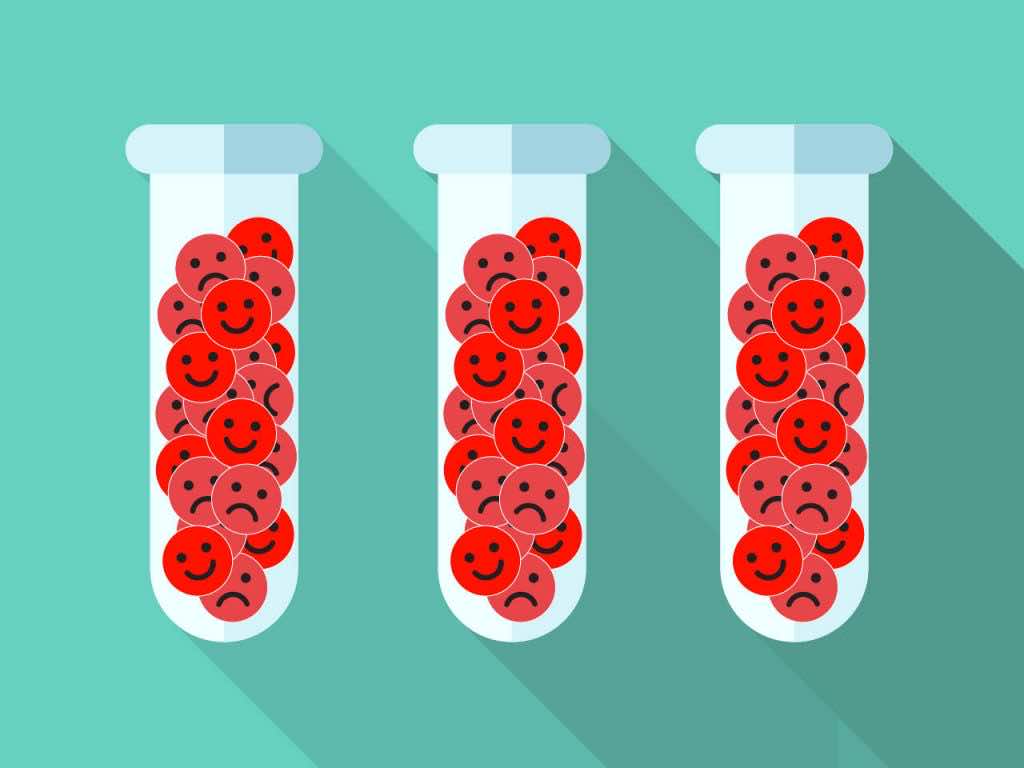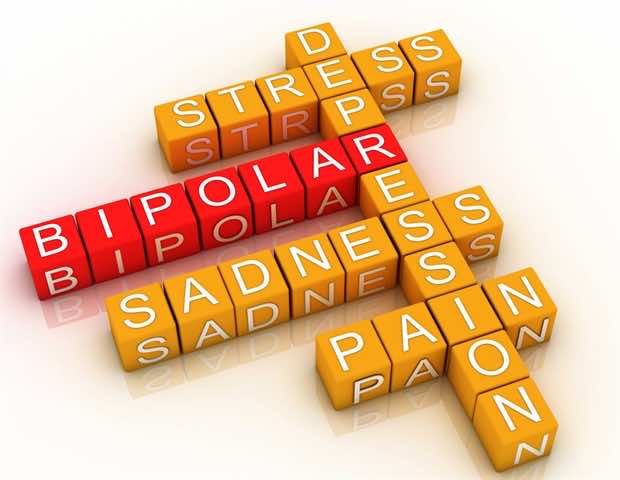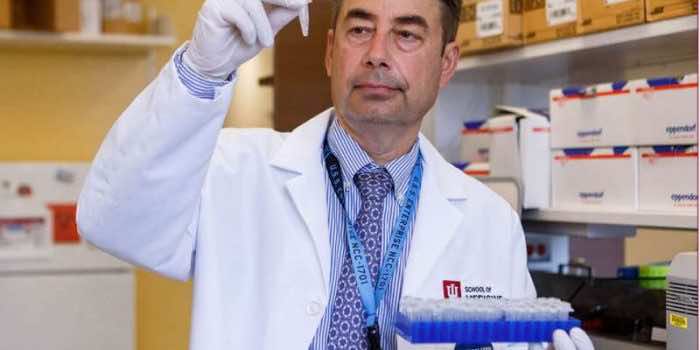Researchers from Indiana University School of Medicine have developed a blood test to trace if a person faces depression or bipolar disorder.
Many people at least once in their lifetime go through a depressive period, and it is no less ill than any other harmful disease. Leaving a person lifeless, unhappy, unmotivated, and unhealthy are some of its effects. However, such a common mental illness only has a full of error diagnosis system, wherein in most cases, people go through the phase without knowing their trouble.

The breakthrough study by researchers from Indiana University School of Medicine has traced out this new way for diagnosing depression in an individual. The new approach to diagnose depression is oriented on the biological basis of mood disorders, offering a promising blood test to trace the mental illness in someone error-free. Interestingly, it not only diagnoses the presence of depression as it comes with new precision medicine to treat the illness.
The novel test study was published in “High Impact Journal Molecular Psychiatry” and is a progress of previous research on blood biomarkers that help track suicidal thoughts, pain, and post-traumatic stress disorder.
“We have pioneered the area of precision medicine in psychiatry over the last two decades, particularly over the last 10 years. This study represents a current state-of-the-art outcome of our efforts,” said Niculescu. “This is part of our effort to bring psychiatry from the 19th century into the 21st century. To help it become like other contemporary fields such as oncology. Ultimately, the mission is to save and improve lives.”
The RNA biomarkers help measure the severity of depression and trace the risks in an individual that might be developing it. Moreover, the RNA test can also track bipolar disorder in an individual, and the approach also specifies medications for these illnesses.
The study has a backing of four-year-long research, with more than 300 participants taken from an ill population. Researchers designed a four-step approach, including discovery, prioritization, validation, and testing.
The participants were examined in different states when in good and bad moods, revealing that changed states change the blood marker levels.
The databases of in-depth experimenting were cross-validated with the earlier study on biomarkers. With this RNA approach, researchers were able to determine the intensity of these mental illnesses in patients. Knowing the patients’ illness, researchers were then able to prescribe them suitable medication and designed an exclusive medication for depression that gets the RNA level that matches that of a happy person.

“Through this work, we wanted to develop blood tests for depression and bipolar disorder, to distinguish between the two, and to match people to the right treatments,” said Niculescu. “Blood biomarkers are emerging as important tools in disorders where subjective self-report by an individual, or a clinical impression of a health care professional, is not always reliable. These blood tests can open the door to precise, personalized matching with medications, and objective monitoring of response to treatment.”
Moreover, their findings conclude that depression and mood disorders are triggered by circadian clock genes responsible for regulating sleep cycles. Explaining why some patients go through mood swings with seasonal changes. As per the team, the new findings have opened doors for new clinical practices for depression patients. Providing as a new method to treat and care for mental and psychological illnesses.


“Blood biomarkers offer real-world clinical practice advantages. The brain cannot be easily biopsied in live individuals, so we’ve worked hard over the years to identify blood biomarkers for neuropsychiatric disorders,” said Niculescu. “Given the fact that 1 in 4 people will have a clinical mood disorder episode in their lifetime, the need for and importance of efforts such as ours cannot be overstated.”


